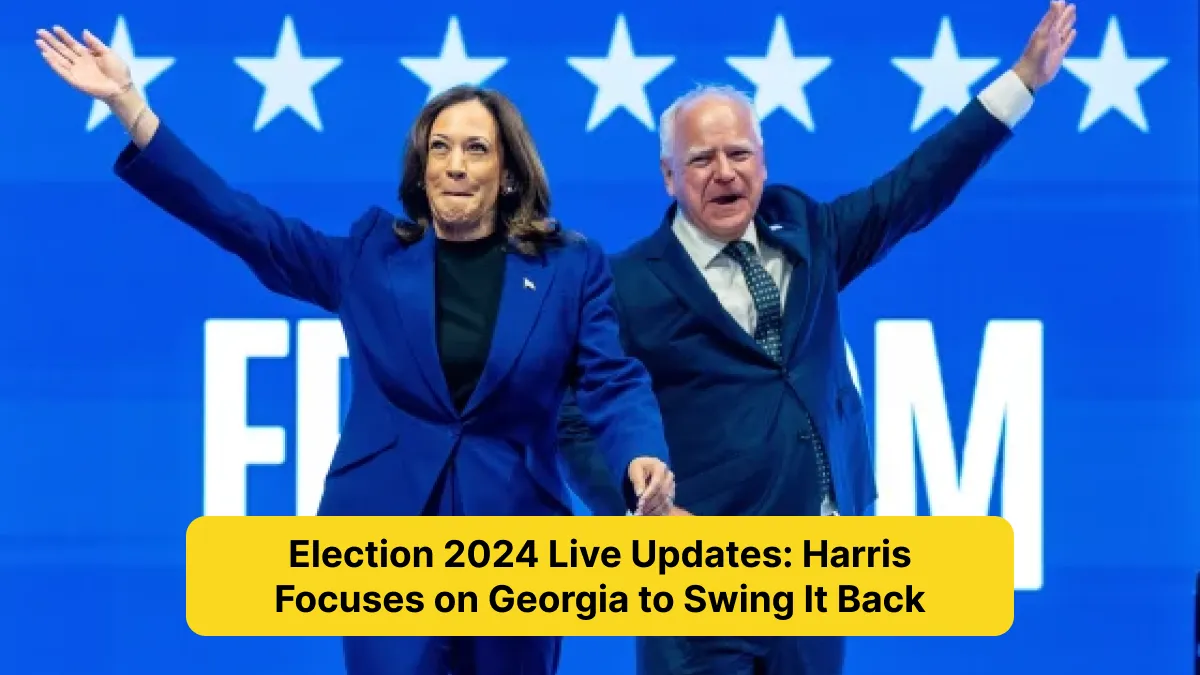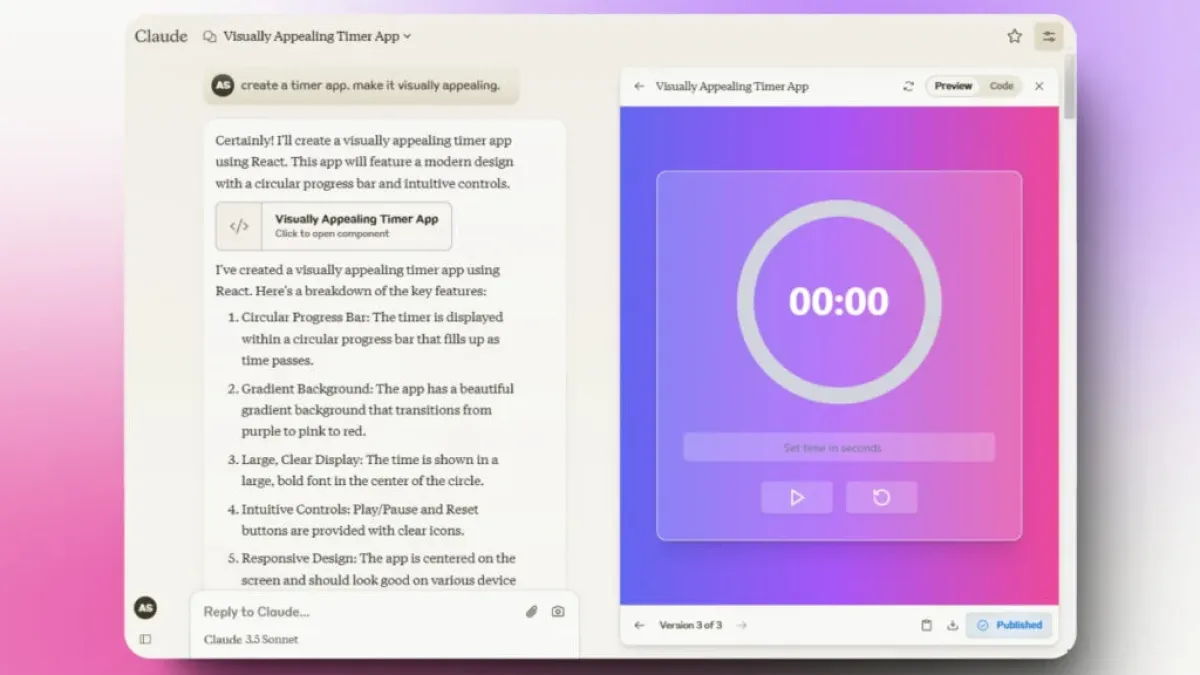Vice President Kamala Harris and Minnesota Governor Tim Walz embarked on a surprising road trip through Georgia on Monday, August 26th. The trip, which caught many political observers off guard, is seen as part of a broader effort to strengthen Democratic support in the South ahead of the 2024 elections.
The choice of Georgia as a destination is no accident. The state has become a key battleground in recent elections, with Democrats making significant inroads in what was once a Republican stronghold. In 2020, President Joe Biden narrowly won Georgia, and the state’s two Senate seats also flipped to Democrats. Harris and Walz’s road trip is widely viewed as an attempt to solidify these gains and energize voters as the election season heats up.
The road trip, which was not widely publicized in advance, began in Atlanta, where Harris and Walz met with local leaders, including Stacey Abrams, a key figure in Georgia’s Democratic resurgence. The group discussed strategies for increasing voter turnout and protecting voting rights, issues that have become central to the Democratic platform in Georgia. Harris emphasized the importance of grassroots organizing and community engagement, which she said were crucial to maintaining momentum in the state.
From Atlanta, Harris and Walz traveled to several smaller cities and towns, making stops in Macon, Columbus, and Savannah. Along the way, they held town hall meetings, visited local businesses, and spoke with residents about the challenges they face. In these conversations, Harris and Walz highlighted the Biden administration’s achievements, including infrastructure investments, economic recovery efforts, and healthcare reforms.
In Macon, Harris addressed a crowd at a local community center, where she spoke about the importance of investing in rural communities. She emphasized that the administration is committed to ensuring that all Americans, regardless of where they live, have access to the resources and opportunities they need to thrive. Walz, who has experience governing a largely rural state, echoed these sentiments, sharing stories of how similar initiatives have benefited Minnesotans.
The road trip also included a focus on education and workforce development, issues that are particularly relevant to Georgia’s growing economy. In Columbus, Harris and Walz visited a technical college, where they met with students and educators to discuss the administration’s plans to expand access to education and job training programs. Harris noted that investing in education is not only about preparing the next generation for the workforce but also about strengthening communities and reducing inequality.
Savannah, the final stop on the road trip, provided an opportunity for Harris and Walz to highlight the administration’s commitment to environmental justice and climate resilience. The coastal city, which is vulnerable to the impacts of climate change, has been a focal point for federal efforts to address these challenges. Harris toured a local green energy project and met with environmental activists, pledging that the administration would continue to support efforts to protect Georgia’s natural resources and promote sustainable development.
Throughout the trip, Harris and Walz were greeted by enthusiastic crowds, with many expressing appreciation for their focus on issues that matter to everyday Georgians. The road trip also generated significant media attention, with many commentators noting the unusual pairing of Harris and Walz. While Harris is a national figure with a high profile, Walz is less known outside of Minnesota. However, the governor has built a reputation as a pragmatic leader who can connect with voters across political divides, making him a valuable ally for Harris in the diverse and often unpredictable political landscape of Georgia.
Political analysts have speculated that the road trip could be a sign of things to come, with more Democratic leaders potentially following suit as the 2024 campaign season progresses. For now, though, Harris and Walz appear focused on the task at hand: engaging with voters, addressing their concerns, and building the kind of grassroots support that will be essential for Democrats in the months ahead.
As the road trip came to an end in Savannah, Harris and Walz both expressed optimism about the future, with Harris telling reporters that she believes Georgia is a model for how Democrats can win in traditionally conservative states. “We’re here because we believe in Georgia,” Harris said. “We believe in the power of the people here to make a difference, and we’re going to keep fighting for every vote.”
With the 2024 elections looming, Harris and Walz’s road trip through Georgia may just be the beginning of a broader effort to win over voters in the South. For now, though, it’s clear that Georgia remains a critical battleground, and Democrats are determined to do everything they can to secure their place in the state’s political landscape.









